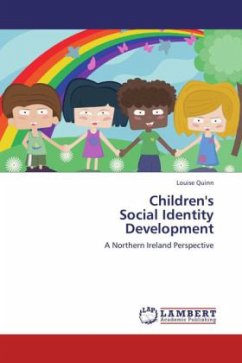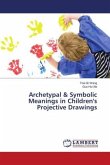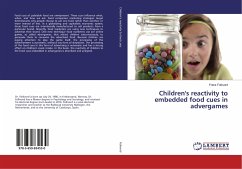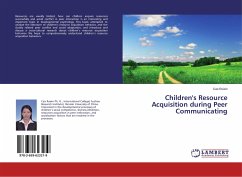Social Identity Theory is a widely accepted theoretical perspective on intergroup behaviour in adults. SIT, however, does not take account of the development of prejudice in children. Given the unique social and political situation, many studies have focused on prejudice and in-group awareness in Northern Ireland. There remains, however, a lack of consensus regarding the age at which prejudice develops in children. This research investigated if there was consensus among children, young people, parents and teachers as to the age children become aware of their social identity in terms of religious group affiliation and when this becomes salient. Results suggested that a third of young people felt that social identity never becomes a salient issue. Although Protestant children displayed a significant in-group preference, Catholic children did not. Protestant children also rated the out-group artist higher than the Catholic children. The study provides evidence to support the notion that prejudice in children in Northern Ireland is not as prevalent as some might suggest and not all children brought up in a divided society necessarily develop prejudiced attitudes towards the out-group.
Bitte wählen Sie Ihr Anliegen aus.
Rechnungen
Retourenschein anfordern
Bestellstatus
Storno








